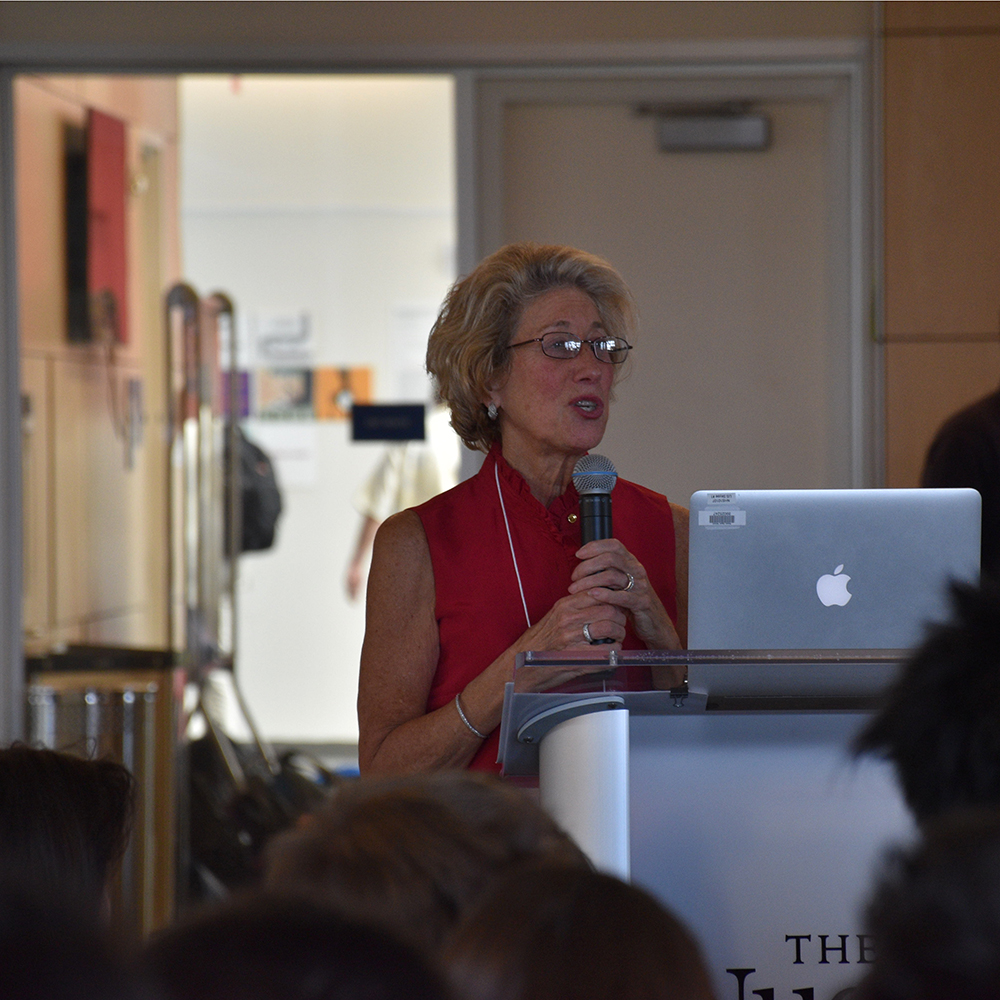[et_pb_section bb_built=”1″ fullwidth=”on” _builder_version=”3.0.85″ custom_padding=”0px|0px|0px|0px”][et_pb_fullwidth_image src=”http://www.thenuevacurrent.com/wp-content/uploads/2017/03/Judge-2.jpg” _builder_version=”3.0.86″ show_in_lightbox=”off” url_new_window=”off” use_overlay=”off” /][/et_pb_section][et_pb_section bb_built=”1″ specialty=”on” padding_top_1=”-25px” padding_left_1=”50px” padding_top_2=”-25px” module_class=”ds-fullwidth-specialty” _builder_version=”3.0.85″ custom_padding=”15px|50px|20px|0px” make_fullwidth=”on” padding_left_2=”50px”][et_pb_column type=”2_3″ specialty_columns=”2″][et_pb_row_inner admin_label=”Row” _builder_version=”3.0.85″][et_pb_column_inner type=”4_4″ saved_specialty_column_type=”2_3″][et_pb_divider color=”#0083b6″ show_divider=”on” divider_weight=”5″ _builder_version=”3.0.86″]
<div class=”et_pb_module et_pb_space et_pb_divider et_pb_divider_1 et_pb_divider_position_ et-hide-mobile”></div>
[/et_pb_divider][et_pb_post_title author=”off” comments=”off” _builder_version=”3.0.86″ title_font=”|700||on|||||” title_text_align=”center” title_font_size=”42px” meta_text_align=”center” meta_font_size=”18″ text_orientation=”center” custom_margin=”-10px|||” custom_padding=”|||” title=”on” meta=”on” date=”on” categories=”on” featured_image=”off” featured_placement=”below” text_color=”dark” text_background=”off” /][et_pb_divider color=”#0083b6″ show_divider=”on” divider_weight=”5″ _builder_version=”3.0.86″]
<div class=”et_pb_module et_pb_space et_pb_divider et_pb_divider_1 et_pb_divider_position_ et-hide-mobile”></div>
[/et_pb_divider][/et_pb_column_inner][/et_pb_row_inner][et_pb_row_inner admin_label=”Row” _builder_version=”3.0.47″][et_pb_column_inner type=”1_2″ saved_specialty_column_type=”2_3″][et_pb_text _builder_version=”3.0.86″ custom_padding=”|20px||” background_layout=”light”]
The Honorable Shira A. Scheindlin visited the Nueva Upper School on March 22nd. She told students about two major rulings that she made as a federal judge and her subsequent activism work.
The first ruling she discussed was her restriction of stop and frisk searches in New York City in 2013. Before her ruling, estimated hundreds of thousands of New Yorkers were stopped and frisked annually. They were predominantly minorities.
Scheindlin explained that police had been justifying stop and frisks by claiming that they saw “furtive movements”—she then added that many people in the audience were exhibiting similar movements simply by looking around the room—and because the police officers were operating in “high-crime areas.”
[/et_pb_text][/et_pb_column_inner][et_pb_column_inner type=”1_2″ saved_specialty_column_type=”2_3″][et_pb_text _builder_version=”3.0.86″ custom_padding=”|||12px” background_layout=”light”]
These vague interpretations of “reasonable suspicion” (the standard that the 4th Amendment requires be met before searches) allowed racial biases to seep into the practices of the NYPD. Scheindlin tightened the standards needed to conduct a stop and frisk search. This successfully reduced stop and frisk searches in New York City by 97% without any increase in crime rate.
Scheindlin noted the major criticism she received for limiting the police’s power, and the personal risk involved in upholding the law when the law is controversial. She also explained her involvement in the institution of police body-cameras as a mandatory part of an officer’s equipment. She discussed the effectiveness of body-cameras for maintaining police accountability at a time when police shootings are prevalent across the country.
[/et_pb_text][/et_pb_column_inner][/et_pb_row_inner][et_pb_row_inner admin_label=”Row” _builder_version=”3.0.47″][et_pb_column_inner type=”4_4″ saved_specialty_column_type=”2_3″][et_pb_testimonial background_layout=”light” _builder_version=”3.0.86″ url_new_window=”off” quote_icon=”on” use_background_color=”on” quote_icon_background_color=”#f5f5f5″ text_orientation=”center” body_font_size=”24″ custom_padding=”75px|50px||50px” animation_style=”fade” box_shadow_style=”preset1″ quote_icon_color=”#0083b6″ body_text_color=”#0083b6″]
In order to generate positive changes in the areas she was passionate about, Scheindlin stepped down from her post as a judge and began working as an activist to resolve the growing problem of immigration in the United States.
[/et_pb_testimonial][/et_pb_column_inner][/et_pb_row_inner][et_pb_row_inner admin_label=”Row” _builder_version=”3.0.47″][et_pb_column_inner type=”1_2″ saved_specialty_column_type=”2_3″][et_pb_text _builder_version=”3.0.86″ custom_padding=”|20px||” background_layout=”light”]
Scheindlin also mentioned, however, that body-cameras are not a perfect solution. For example, there is debate over whether cameras should be always on, or if they should be controlled by the officer wearing them. If they are controlled by the officer, then the officer could potentially turn off their camera before abusing their role. If the cameras are always on, then officers cannot even go to the bathroom without being recorded, and officers would be forced to invade the privacy of anyone they interacted with.
In addition, Sheindlin expressed her frustration at the limitations of her position as a judge. She explained that judges have no power to institute reform, and that even their power in the courtroom is being eroded by legislation forcing minimum sentences for minor offenses.
In order to generate positive changes in the areas she was passionate about, Scheindlin stepped down from her post as a judge and began working as an activist to resolve the growing problem of immigration in the United States.
[/et_pb_text][/et_pb_column_inner][et_pb_column_inner type=”1_2″ saved_specialty_column_type=”2_3″][et_pb_text _builder_version=”3.0.86″ custom_padding=”|||20px” background_layout=”light”]
Scheindlin explained that the courts that rule on deportations are not not sufficiently equipped to handle the sheer number of deportations. This leaves some arrested immigrants in holding camps for years before they can be tried to determine if they should even be deported at all. These camps are so overcrowded phone calls are extremely difficult to place, even to family members or lawyers.
Furthermore, deportation is tried by civil courts, which means they are not required to provide the immigrants with lawyers. Scheindlin’s organization works to obtain lawyers for immigrants in holding camps.
As was clear from the crowd of students that surrounded her with questions afterward, Judge Scheindlin’s talk was well received and left students with a lot to think about.
[/et_pb_text][/et_pb_column_inner][/et_pb_row_inner][/et_pb_column][et_pb_column type=”1_3″][et_pb_team_member _builder_version=”3.0.86″ name=”Written by PACO P.” position=”Contributor” linkedin_url=”#” image_url=”http://www.thenuevacurrent.com/wp-content/uploads/2016/05/paco.jpg” background_layout=”light” header_font=”|700|||||||” custom_margin=”||50px|” /][et_pb_sidebar _builder_version=”3.0.85″ area=”sidebar-main” orientation=”left” show_border=”on” background_layout=”light” /][/et_pb_column][/et_pb_section]


Leave a Reply